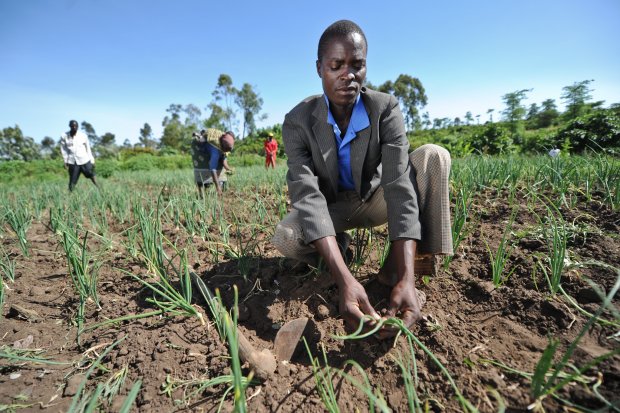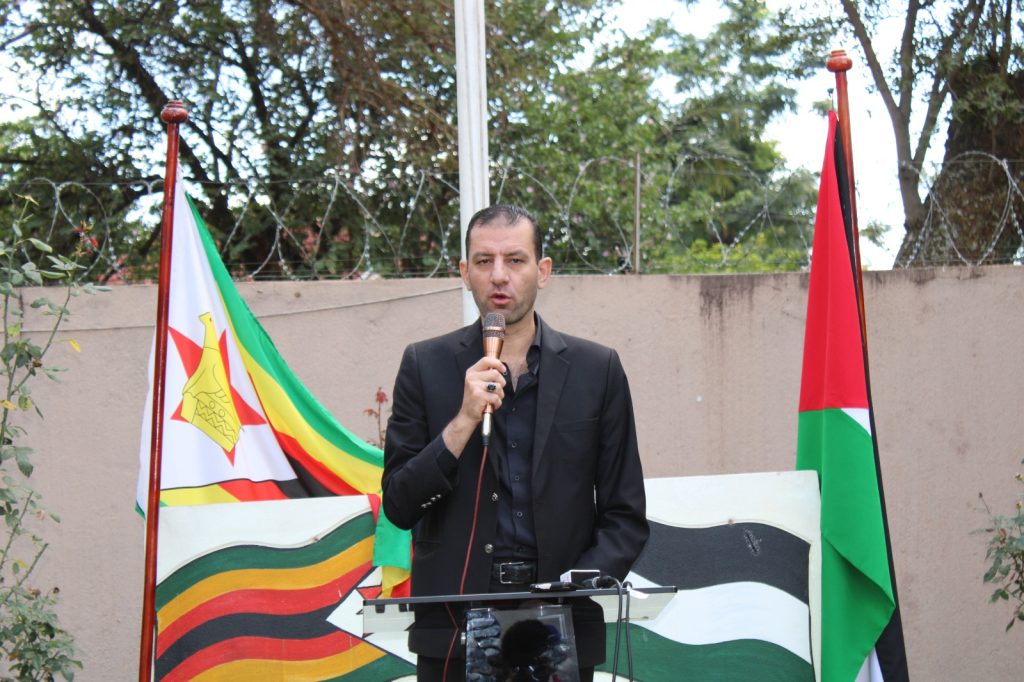DT Correspondent
In a significant effort to enhance climate-smart agriculture, private players have joined forces with the Government to scale up a design model aimed at combating droughts, economic instability, and the adverse effects of climate change.
To tackle these pressing challenges and promote resilience-building initiatives, the Food, Agriculture, and Natural Resources Analysis Network (FANRPAN), in partnership with the Agriculture Research Council (ARC) as the Zimbabwe Country Node Hosting Institution, has teamed up with CARE International to implement activities under the five-year Takunda program.
This program, funded by USAID, focuses on enhancing resilience and food security.
During a policy dialogue aimed at advancing climate-smart agriculture-resilience, Lands, Agriculture, Fisheries, Water, and Rural Development Secretary Professor Obert Jiri commended private players for aligning with the government’s vision of building resilience for farmers during dry seasons.
“We would like to thank our partners for joining the Government mantra in building resilience for our farmer’s dry season.
“Building resilience is equally important and what our partners are doing in teaching farmers in agricultural activities and non-farming activities are important building blocks to the resilience of our agriculture sector.
“This is noted when our farmers are able to pull through to the next season without any problems.”
“This season we are seeing that our rains are late, erotic, sporadic and this brings forth our thrust of climate-proof as a country, as we encourage our farmers to exercise it at the household level,” he said.
With delayed, erratic, and sporadic rains observed this season, the importance of climate-proofing the agriculture sector at the household level has become even more apparent.
Walter Mwasa, the Program Director of USAID’s Takunda Program, highlighted the necessity of scaling up resilience designs to effectively address droughts and the impact of climate change in Zimbabwe.
“Takunda is implementing climate-smart resilient designs through the Farmer Field Business School (model. The model has a strong market-based focus, including gender, food security, nutrition, and household income components that enhance collaboration skills between farming communities to engage in equitable decision-making.
“Program implementation is in two provinces Masvingo (Chivi and Zaka districts) and Manicaland (Mutare and Buhera districts)”
The partnership between the private sector, government, and developmental organisations underscores the collective commitment to building climate-proof smart agriculture resilience in Zimbabwe.
By implementing innovative and market-driven approaches, the aim is to empower farmers, enhance food security, and ensure the long-term sustainability of the agriculture sector in the face of climate challenges.





